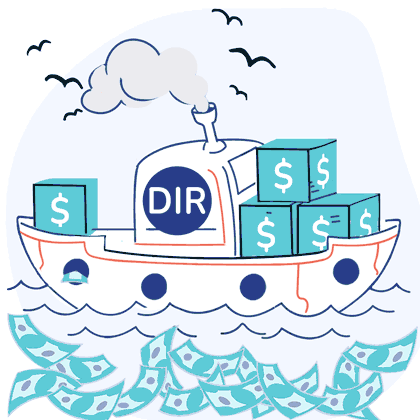In Workers' Comp, Authorization Is Final

Let’s be very clear: in the workers’ comp dialect of Legalese, “authorization” means guaranteed payment for approved services. Period.
While one can imagine scenarios in which an insurer or employer’s claims administrator might want to change their mind, authorization can’t be undone so easily. Once a payor communicates a utilization review (UR) decision approving treatment, the provider has the green light. A recent incident involving one of our providers is a great example.
The provider obtained authorization and scheduled a certain procedure for an injured worker. Later, the provider discovered that California’s Division of Workers’ Compensation (DWC) updated its medical treatment guidelines. The procedure in question is no longer recommended, effective December 1, 2017 — a date that precedes the scheduled appointment.
So as of December 1, the patient is scheduled for a procedure the DWC no longer recommends. Presumably, the claims administrator would be within their rights to deny authorization for the procedure once these new guidelines take effect. They may even prevail in an IMR appeal for such a denial, should the patient wish to pursue it.
But for our provider, all that is moot.
Understandably, the provider worried that the new guidelines could somehow invalidate the authorization. The provider reached out to daisyBill, wondering whether they could count on the claims administrator to pay the bill after December 1st. After all, it would stand to logic that the claims administrator is no longer obliged to pay for services the DWC no longer recommends.
However, this is work comp, and what stands to logic often has little influence on events. For once, that works in the provider’s favor.
The law is clear. California Code of Regulations (CCR) § 9792.6 states:
“Authorization” means assurance that appropriate reimbursement will be made for an approved specific course of proposed medical treatment to cure or relieve the effects of the industrial injury pursuant to section 4600 of the Labor Code…
California Labor Code § 4610.3 states:
...an employer that authorizes medical treatment shall not rescind or modify that authorization after the medical treatment has been provided based on that authorization for any reason…
So long as the provider submits a compliant request for authorization, the claims administrator must respond according to the content and timeliness requirements. If the UR process results in approval, the claims administrator must pay the appropriate amount once the provider renders the service and compliantly bills.
There is only one situation in which authorization is subject to any sort of modification. If the authorization for treatment includes a long-term series of services (such as physical therapy or prescription refills), the insurer or employer may modify or rescind authorization for services not yet rendered in that series.
Aside from this specific exception, authorization is binding and irrevocable.
The takeaway? Providers can rest easy. Insurers and employers must pay for any procedure compliantly authorized and rendered, no matter what happens next. You can take that — along with payment for authorized services rendered — to the bank.
daisyBill’s specialized work comp technology makes authorization a snap. Our Billing Software generates compliant RFA’s in seconds, and tracks when the response from the claims administrator is due. Sign up for a free demonstration, and see what daisyBill can do for your office.
REQUEST DEMO
DaisyBill provides content as an insightful service to its readers and clients. It does not offer legal advice and cannot guarantee the accuracy or suitability of its content for a particular purpose.




.gif)